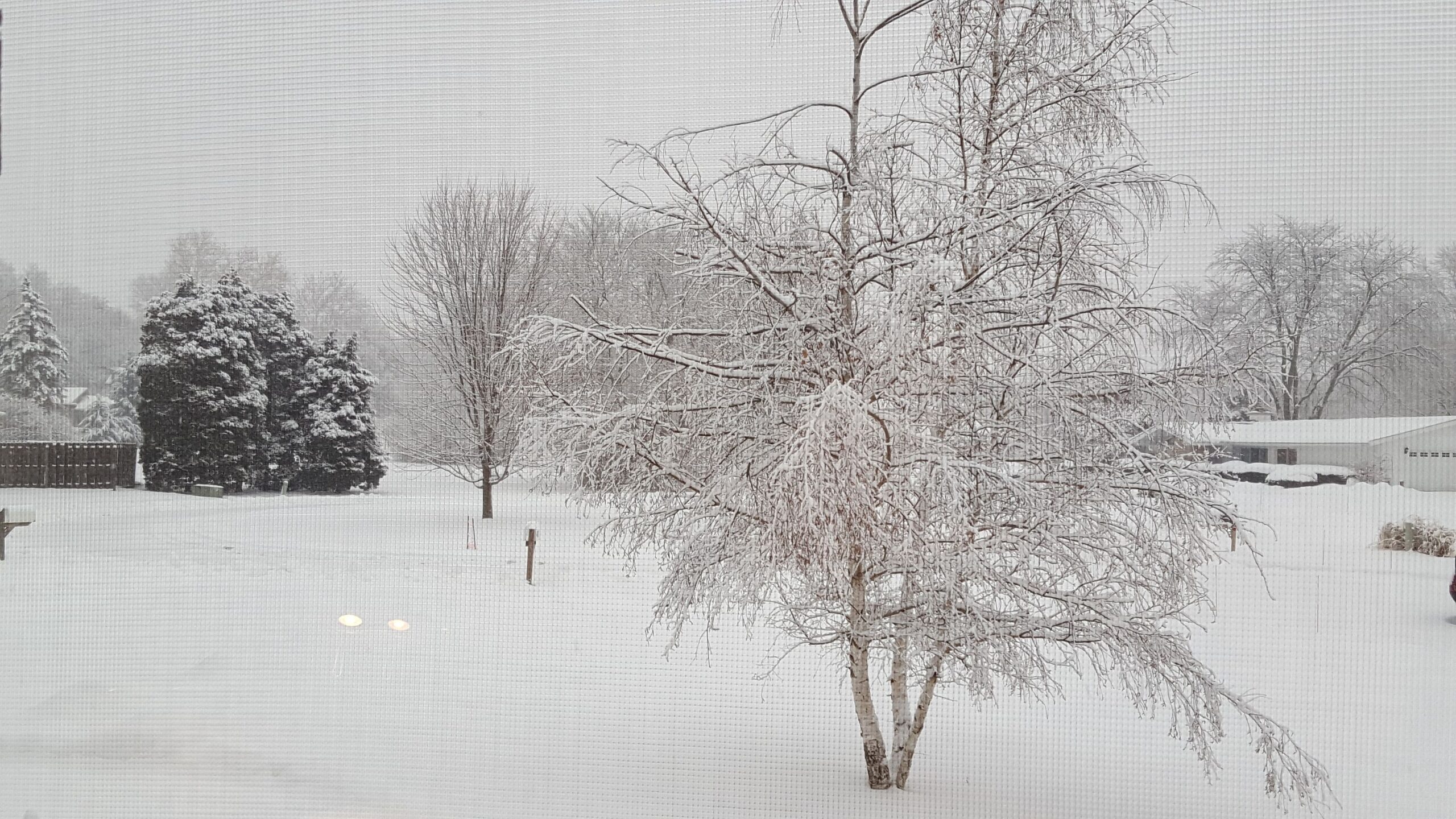
Right Under Your Nose
Posted by Deacon Allen | Emotions/Feelings, Everyday Life, Hodgepodge | No CommentsHave you ever tried to look for something but somehow couldn’t find it? Read More

Have you ever tried to look for something but somehow couldn’t find it? Read More

It is Sunday morning, and the night before has brought forth a frosty-white blanket on the ground; remnants left behind from an early morning freezing rain that tapped upon our windows at 4:11am. I awoke to something that sounded like a sharp object tapping relentlessly on the bedroom window. It was at that very moment when my day started. Read More
 One of the many wonders of nature is a cocoon. A caterpillar encloses itself in a type of tomb and then emerges transformed and flies through the air in the form of a beautiful butterfly. We view this as a type of death and resurrection.
One of the many wonders of nature is a cocoon. A caterpillar encloses itself in a type of tomb and then emerges transformed and flies through the air in the form of a beautiful butterfly. We view this as a type of death and resurrection.
An image for the Gospel today is that of a cocoon. Rather than a transformation into beauty, we witness a deformation into misery. The Gospel never says that this rich man committed any crime, but it seems that he is just so overly focused on himself that he cannot see beyond his clothes, his meals and his own doorstep. His wealth is something that he spends on himself and not something he shares with others. He is so tightly woven into his cocoon that he cannot seem to break out.
This disturbing parable tells us to not be absorbed with ourselves, to pay attention, and to wake up. We need to remember that our possessions are not owned by us, but loaned to us. They are entrusted to us; not only that we can meet our basic needs, but also so that we can help others. St. Augustine described sin as being caved in on oneself. Sin closes us in on ourselves and charity draws us out of ourselves and that is where we find joy.
We’re instructed to pay attention to Moses and the prophets; that is, to pay attention to God’s word given to us in the Scriptures and by Jesus.
And we need to wake up because most of us at times can be like the rich man. And the five brothers – they represent us too. We are not to expect some sort of personalized message, but should instinctively live out our faith by loving God and our neighbor. Actions have consequences, and so do our inactions. We can sin by what we do but we can also sin by what we fail to do.
This Lent, let us pray that we receive the grace to not be imprisoned in the cocoon of self-absorption. Rather, let us strive to live generous and joyful lives not selfishly but selflessly.
Once again, I find myself going through some old notes that I had taken on a prior retreat. And behold, I found this anonymous quote:
“The more words in prayer, the more undesirable the prayer is.”
So what exactly does this mean? Well, let’s be honest with ourselves – sometimes, we pray with too many words. We find ourselves going on and on to God about all that is happening in our lives, what prayers we want answered and what intentions we want to be granted. We deliver a long list of requests, needs, wants and desires – and we expect immediate action on every one of these.

Often times, we make our prayers too complicated. Simplicity is often needed in order to pray. Otherwise, we are just telling Jesus about ourselves. When we approach prayer, we need to have the simplicity of a child. If you’ve ever listened to a child pray, there is both a beauty and an innocence to their words. They are not weighed down by negativity, but are lifted up in positive spirituality. Their way of praying is simple, to the point, and from the heart.
One of the best ways to experience God in prayer is by forgetting yourself. Ultimately, if you want something, you must experience nothing. Our prayers should not be filled with meaningless words or just going through the motions. We must come to prayer with a simplicity of speech and a willingness to listen to God. Always remember that prayer is a two-way dialogue with God. The challenge is to forget ourselves and to let our prayer be a loving experience with God our Father. We must be willing to let the Lord speak to us and to be open to receive what he has to say. If we can find a way to truly listen with our heart, we will then be able to experience desirable prayer.
Prayer is the most concrete way to make our home in God. ~Henri Nouwen
This past weekend, I went away on retreat to a place called Christ in the Wilderness (http://citwretreat.com) outside of Stockton, Illinois. I typically try to go away for at least four days, but with the way my calendar was this year, I could only manage a weekend. I didn’t set my spiritual expectations too high due to the short two-day retreat. (It usually takes two-days just to wind down from the stresses of life before I can solely focus on my relationship with God.) But this time, it was different.
Being completely isolated in a secluded wilderness hermitage immediately placed me in God’s presence. I was surrounded by nature, birds, animals, and God’s love for me, and an immediate peacefulness enveloped me. Read More